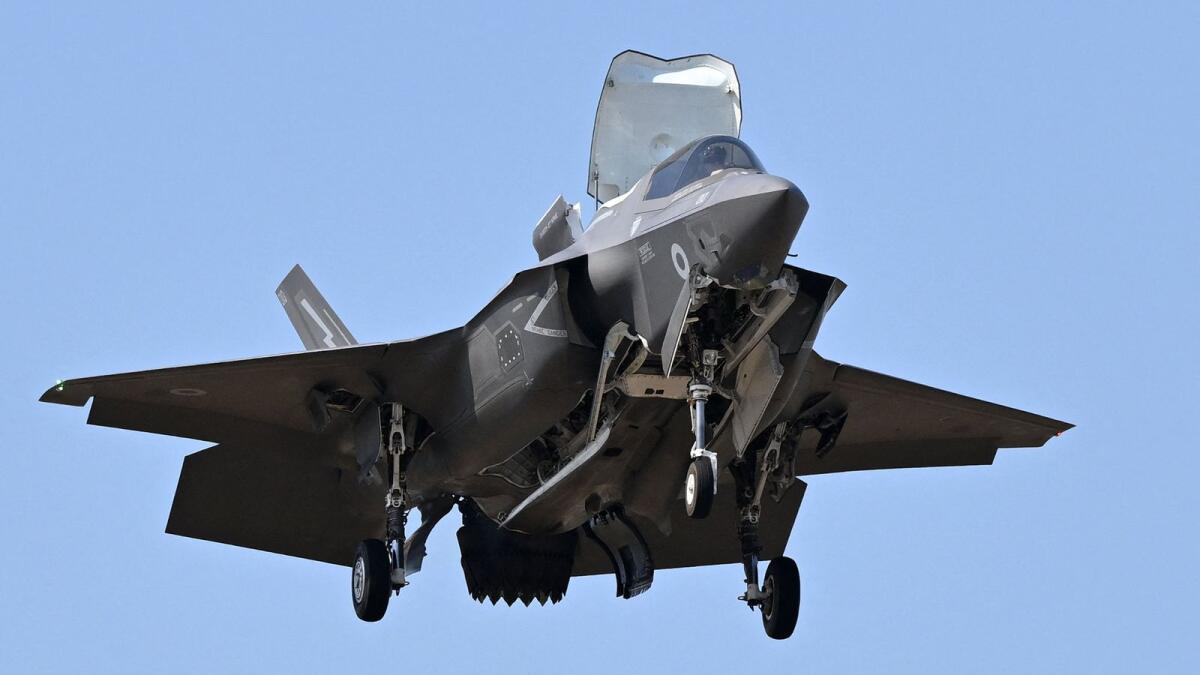The UAE does not plan to resume talks with the US regarding the purchase of F-35 warplanes, regardless of the outcome of the upcoming US elections. The decision comes after the UAE suspended negotiations at the end of 2021 due to disagreements with the Biden administration. The UAE has been seeking to acquire the advanced fighter jet, which is equipped with stealth technology to evade enemy detection. If approved, the UAE would become the second Middle Eastern state, after Israel, to operate F-35s.
In a statement to Reuters, a senior UAE government official expressed that the reasons for suspending talks in 2021 have not changed, and there are no plans to re-open negotiations in the near future. The official cited technical requirements, sovereign operational restrictions, and cost/benefit analysis as factors that led to the reassessment of the deal. The official did not address the possibility of discussions regarding the purchase of armed drones.
The decision not to resume talks with the US regarding the F-35 deal is consistent with the UAE’s stance on the matter. The official stated that regardless of who wins the US elections, the UAE does not foresee discussions on the F-35 in the foreseeable future. This indicates a firm position on the part of the UAE government regarding the negotiations for the multi-billion dollar deal.
The UAE’s interest in acquiring the F-35 warplanes stems from the country’s desire to enhance its military capabilities with advanced technology. The F-35 is known for its stealth features, making it a valuable asset for evading enemy detection and maintaining air superiority in combat situations. Despite the suspension of talks, the UAE remains committed to strengthening its defense capabilities through other means.
The UAE’s decision not to pursue talks for the F-35 deal highlights the complexities involved in international arms agreements. Factors such as technical specifications, operational requirements, and cost considerations play a crucial role in determining the feasibility of such purchases. The UAE’s stance indicates a strategic approach to defense procurement, with a focus on meeting national security needs while ensuring value for investment.
In conclusion, the UAE’s decision not to resume talks with the US for the F-35 deal underscores the country’s commitment to a careful and strategic approach to defense procurement. The statement from the senior UAE official reiterates the government’s position on the matter, emphasizing the importance of technical requirements, operational restrictions, and cost considerations in determining the feasibility of such agreements. As the UAE continues to bolster its military capabilities through other means, the decision reflects the country’s dedication to enhancing its defense capabilities in a strategic and sustainable manner.











